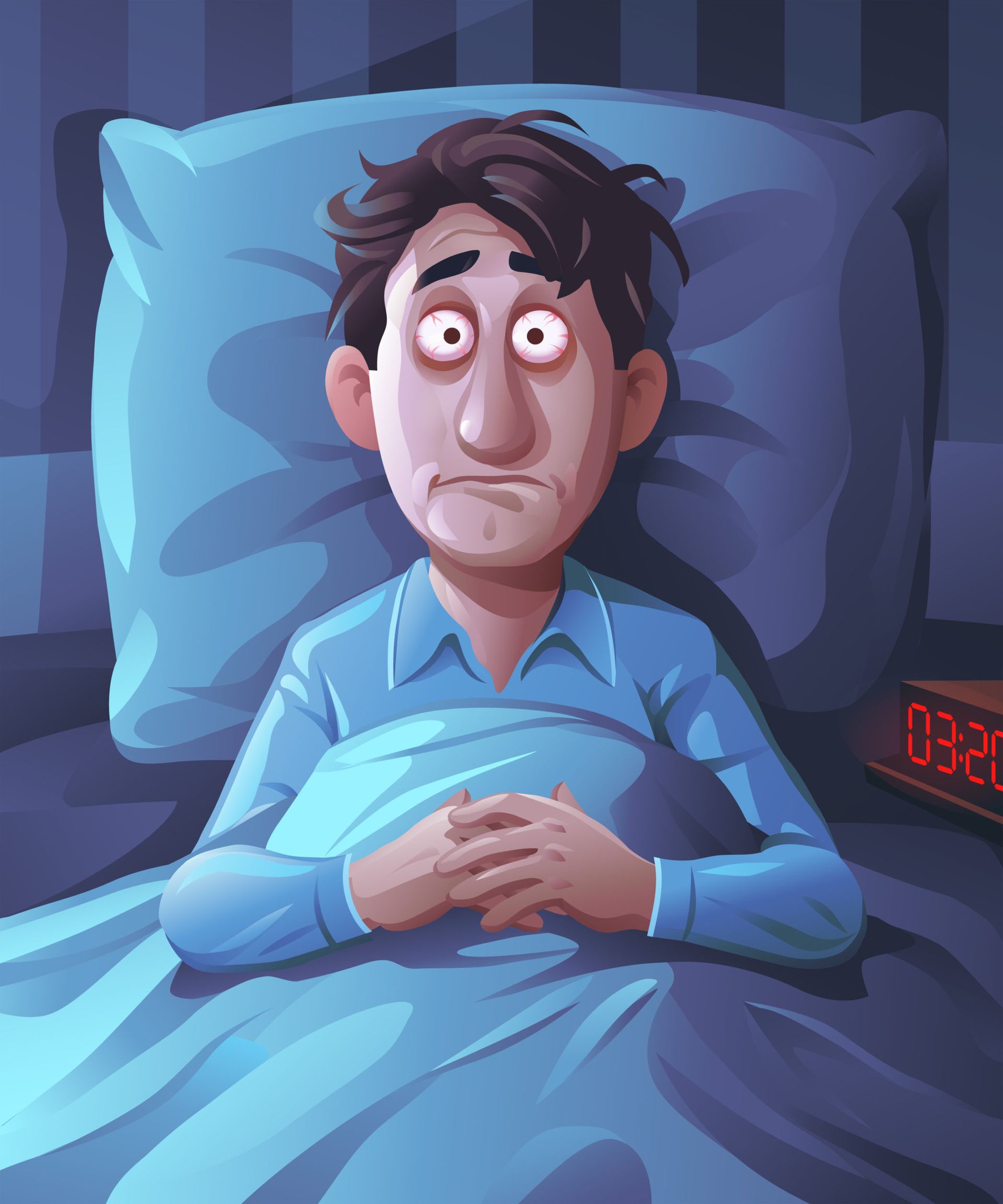How Sleep Affects Mental Health
When you sleep, it's not just your body that's recharging, your brain is, too. In fact, while you're fast asleep, your brain is quite busy. It's consolidating memories, clearing out unnecessary information, and preparing for the day ahead. Let's delve deeper into how sleep impacts your cognitive stress.

The Brain's Night Shift: Memory Consolidation and Information Processing
Dream-filled REM sleep is believed to play a crucial role in memory consolidation. During this sleep phase, information from the day gets processed and integrated into your memory, enhancing both learning and problem-solving abilities. If you're skimping on quality sleep, you may be hampering your brain's ability to retain and utilise information effectively.
The Clean-Up Crew: Removing Toxins and Waste
As you sleep, your brain also engages in a sort of 'spring cleaning'. The glymphatic system, your brain's dedicated waste removal system, is especially active during sleep, flushing out toxins and waste products from your brain cells. This cleanup process is vital to maintaining a healthy brain and preventing neurodegenerative diseases.
The Morning Prep: Resetting for the New Day
Your brain uses sleep as an essential reset and prepare phase for the coming day's challenges. This reset allows your brain to operate at its optimum, ensuring you wake up feeling refreshed and ready to tackle the day ahead. A poor sleep or sleep deprivation can disrupt this reset, leaving you feeling drowsy, groggy, and less capable of focusing or making decisions.
The Night-time Rituals: Creating a Sleep-Friendly Environment for Better Mental Health
Understanding the intricate relationship between sleep and mental health highlights the need to create an environment conducive to restful sleep. The bedroom should be a sanctuary that signals your body and mind it's time to wind down and recharge. So, what does it take to create a sleep-friendly environment?
The Art of Unplugging: Digital Detox
Our digital devices are a constant source of stimulation, and their use close to bedtime can interfere with your ability to fall asleep. Consider a digital detox in the hour leading up to bedtime, turning off devices and focusing on relaxation activities instead. You might be surprised at how much easier it is to drift off to sleep.
The Right Ambiance: Calm, Dark, and Cool
Your sleep environment plays a critical role in influencing the quality of your rest. Aim for a calm, dark, and cool room; a space that feels peaceful and conducive to sleep. Consider investing in dark curtains or a sleep mask if you're sensitive to light, and try to keep your room at a cool, comfortable temperature.
The Comfort Factor: Your Bed Matters
Never underestimate the power of a comfortable mattress and pillow when it comes to good sleep. Investing in quality bedding and taking the time to find the right mattress and pillow for your specific comfort needs can dramatically enhance the quality of your sleep.






